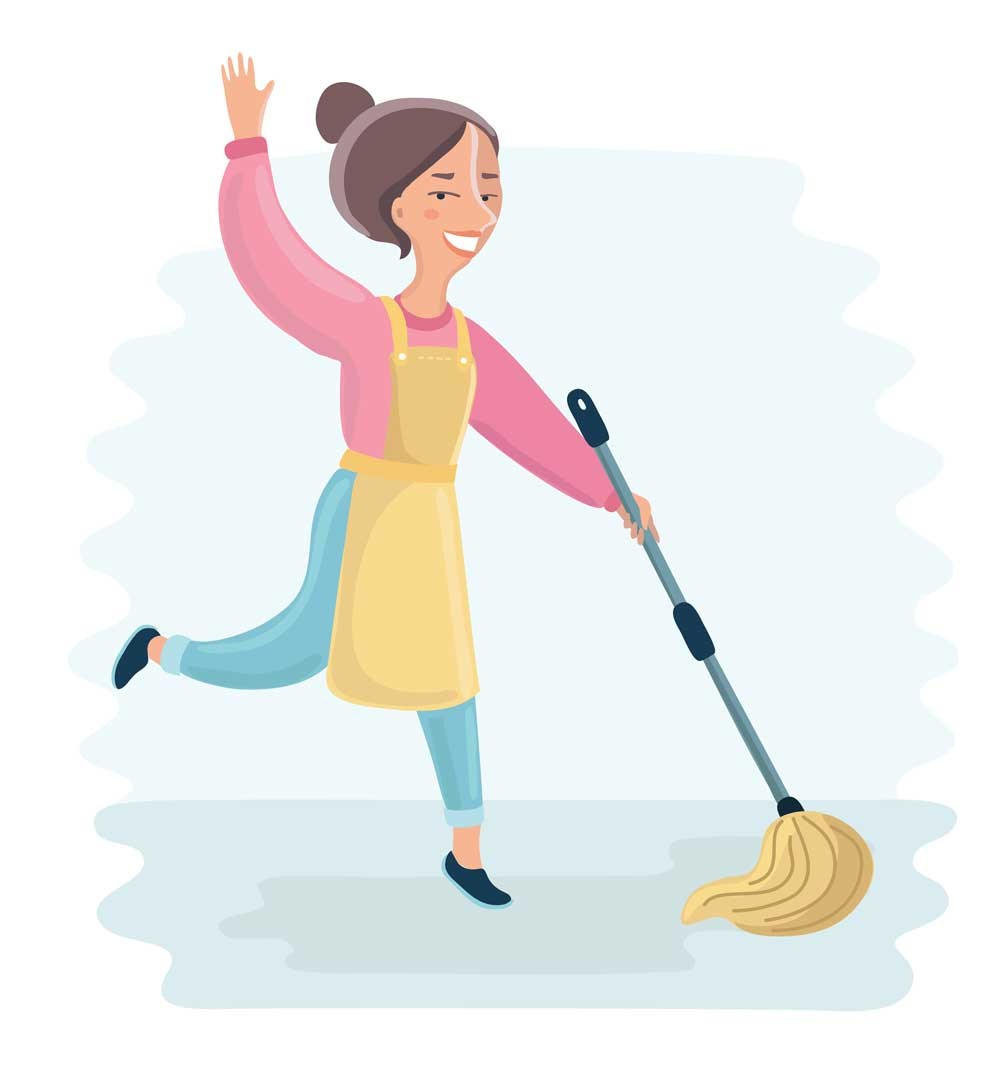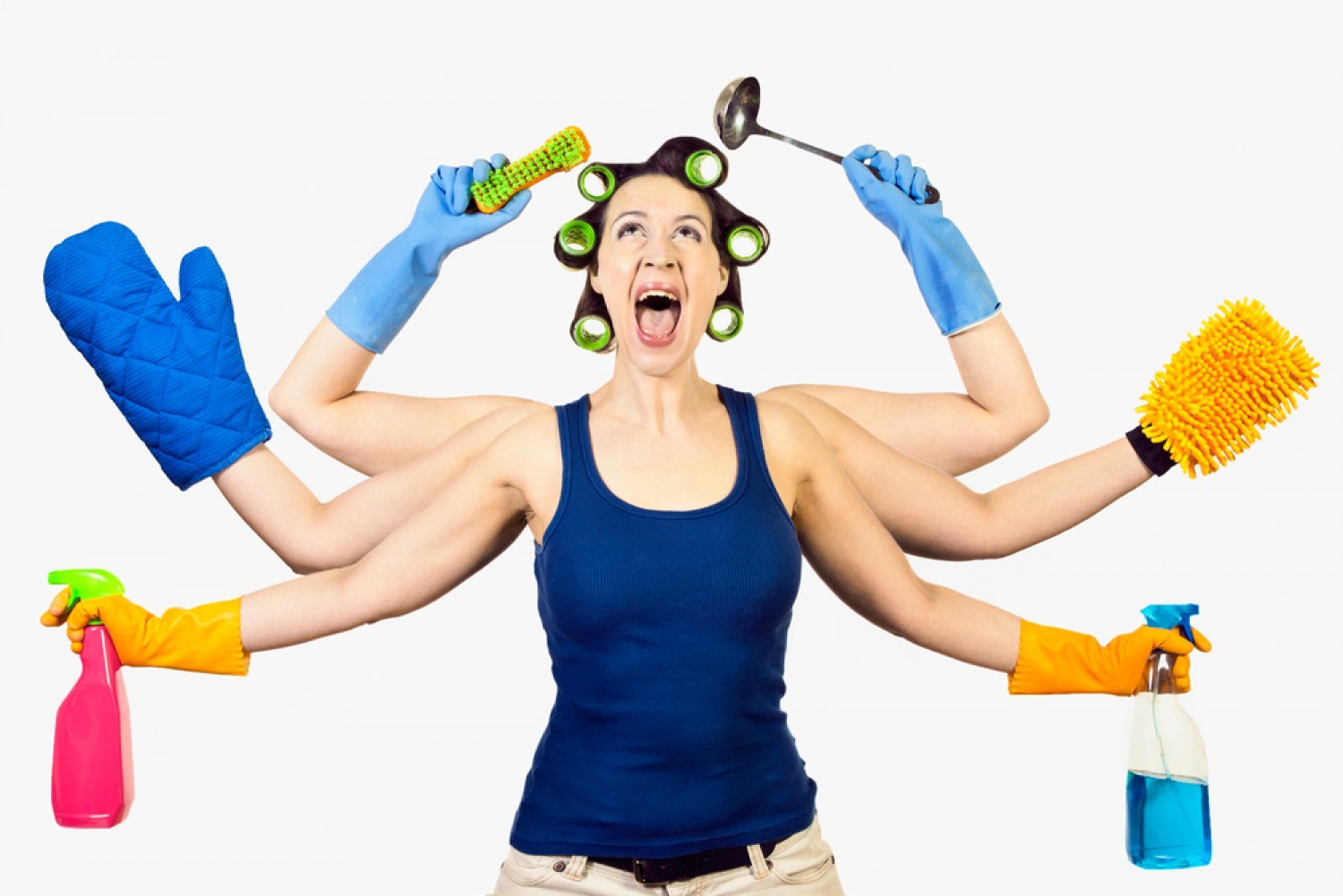The arrival of the first male domestic worker from Myanmar marks an intriguing development in Singapore's domestic help landscape. While male helpers aren't a new concept globally, their presence in Singapore is a relatively fresh phenomenon. This shift reflects the evolving needs of households, particularly in providing specialised care for the elderly or physically challenged.
Breaking Stereotypes: The Rise of Male Domestic Helpers
Imagine this: you've always associated the term "domestic helper" with female workers, a stereotype deeply ingrained in many cultures. However, as Singapore continues to adapt to changing demographics and family needs, the demand for male domestic helpers has emerged. Enter Lum Hkawng, a 31-year-old from Myanmar, who has not only broken into this traditionally female-dominated field but has also completed a comprehensive 45-day caregiver course. With skills in Mandarin, picked up from his village friends in Myanmar, Lum is well-prepared for his new role.
The Unique Appeal of Male Helpers
Why the growing interest in male domestic helpers? For some families, the physical demands of caring for elderly male family members make male helpers a preferred choice. Tasks like assisting with mobility, bathing, and other personal care activities can be more comfortably managed by male caregivers, especially for bedridden or physically larger individuals.
The narrative surrounding Lum’s arrival suggests that male helpers bring an additional set of skills and strengths to the table. They can handle more physically demanding tasks and provide a different kind of companionship, often resonating more with male elderly care recipients. This practical approach to caregiving not only broadens the scope of domestic help but also challenges traditional gender roles in caregiving.
The Challenges and Opportunities Ahead
Despite the potential benefits, the acceptance of male domestic workers has been cautious. As highlighted by Carene Chin, managing director of the Homekeeper agency, there's a wait-and-see attitude among potential employers. The Ministry of Manpower’s (MOM) longer approval times for hiring male helpers also add to the hesitation.
However, the groundwork is being laid. Training programs like the one Lum completed equip these workers with necessary skills, ranging from elderly care to household management. The program includes training in conversational English and Mandarin, allowing them to communicate effectively with their employers and care recipients.
A Look to the Future
As Singapore continues to navigate its ageing population and evolving family dynamics, the role of male domestic helpers is likely to expand. The pioneering efforts of agencies and the successful integration of early hires like Lum Hkawng will be critical in shaping perceptions and building trust.
For families considering this option, it's crucial to weigh the unique advantages male helpers can offer, especially in specific caregiving situations. As always, ensuring a good fit through thorough interviews and understanding the helper's training and background is key to a successful placement.
For those interested in exploring this option, Searchmaid.com.sg offers a wide range of domestic helper profiles, including male candidates. Whether you're looking for someone to assist with elderly care or need help with more physically demanding tasks, we're here to help you find the perfect match for your household needs.
Conclusion
The introduction of male domestic helpers in Singapore is a promising development, offering families more options and tailored care solutions. As the landscape of domestic help continues to evolve, embracing these changes can lead to better care and support for all family members. For those interested in hiring a domestic helper, check out Searchmaid for a comprehensive selection of candidates to meet your household's unique needs.







